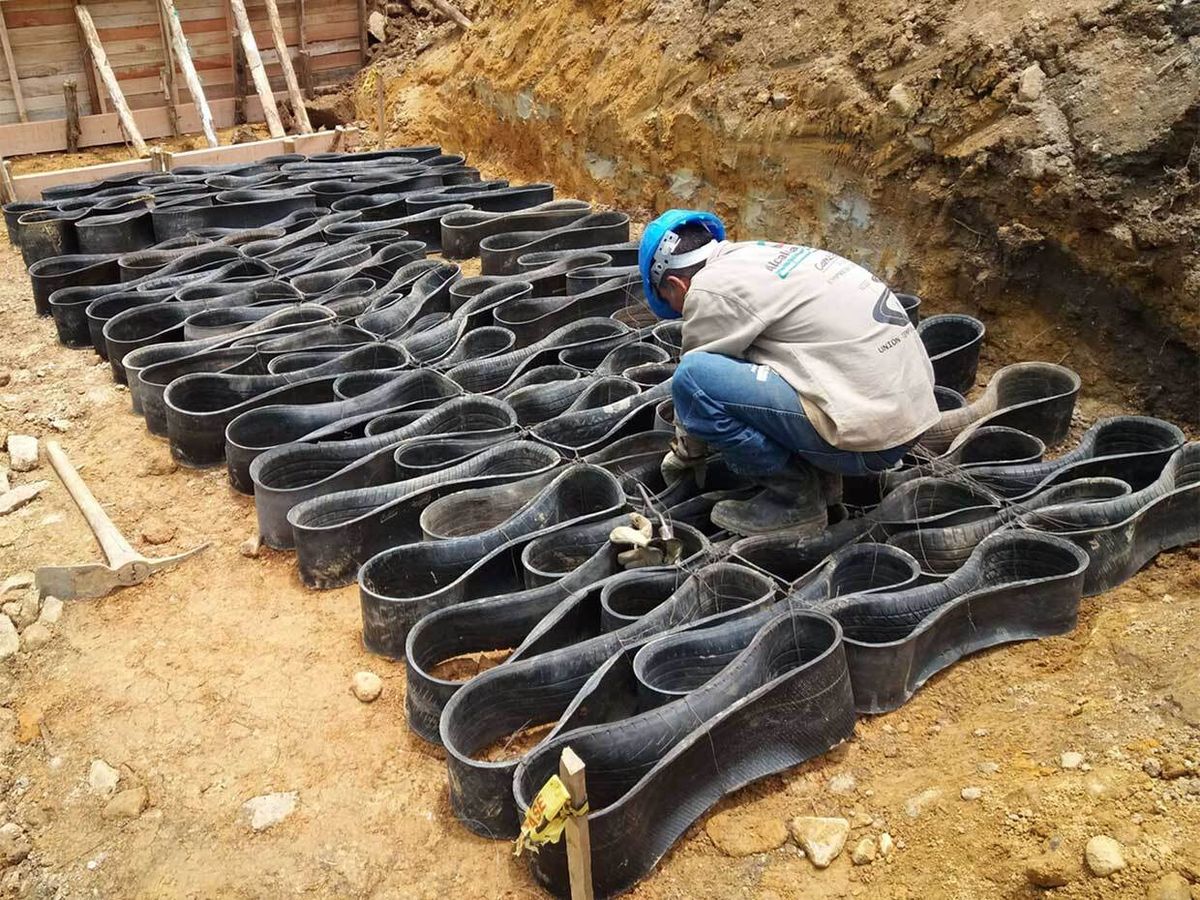THE INSTITUTE A lot of the world’s pressing societal problems have yet to be solved, including lack of adequate sanitation, safe drinking water, and affordable electricity. What’s needed, many experts say, is for organizations to encourage innovations from people who think outside the box.
That’s the idea behind the Global Sustainable Technological and Innovation Community, a nonprofit whose members include IEEE Entrepreneurship. G-STIC is looking for ideas that can help solve the United Nations’ 17 sustainable development goals, which include clean water and sanitation, affordable energy, and quality education.
One way G-STIC finds new projects is through its annual video pitch competition for breakthrough applications. IEEE Entrepreneurship helps organize the event along with the U.N.Major Group for Children and Youth and the International Telecommunication Union. This year’s submissions deadline is 2 July.
Applicants compete in three categories: ideation, startups, and mature companies. The 5-minute videos are judged on the specifics of the product, how innovative it is, whether there’s a market for it, and if the product can sustain growth. Judges also look at how diverse the team is.
The winners from each category will get to present their video at this year’s G-STIC conference, to be held from 24 to 27 October in Dubai. Plans for a hybrid event approach, with the ability to attend remotely, were being worked on as of press time.
IEEE Entrepreneurship pays the competition winners’ travel expenses and picks up the cost of the floor space at the conference so they can demonstrate their product. The winners also receive complimentary membership to IEEE and one of its societies and a small honorarium. In addition, IEEE promotes the projects in a variety of its communication vehicles.
This year’s contest is the fifth. “The competition has been pretty successful over the past four years,” says Thomas Monaco, community project manager for IEEE Entrepreneurship. “It’s been the catalyst for many meaningful engagements for the winners with IEEE Entrepreneurship. For example, Samantha Snabes, Janati Nakimera, and Rex Tan have gone on to hold positions within IEEE Entrepreneurship, including chair of the committee and vice chair of programs, as well as serve as speakers and judges.”
WINNING PROJECTS
To get an idea of what types of projects the organizers are looking for, here are some winners from each of the three categories.
In 2019 Cygni Energy won the mature company category for its energy storage service. Headquartered in Hyderabad, India, Cygni makes rooftop solar hybrid systems and lithium-ion batteries for electric rickshaws. This year Cygni was ranked as one of the top 30 green energy startups in India. The company’s inverter-less solar technology helped provide electricity to 400,000 villages in India. IEEE Member Venkat Rajaraman, Cygni’s chief executive, explained the technology in a video he submitted for the competition.
Tiregrid won in last year’s ideation category for its recycling and reuse processes for discarded tires. About 3 billion tires are produced every year, and only about 1 billion are recycled, according to the company, which is based in Medellín, Colombia. There probably are more scrap tires on the planet than there are people, Tiregrid estimates.
“It’s no longer practical to dispose of tires in landfills, due to the lack of biodegradability and the risk of fire and explosions,” IEEE Member Juan José Bustamante Hernández, Tiregrid’s founder, said in his video submission. The company proposes using discarded tires in the construction of containment structures and reinforced embankments, which can be helpful for erosion control.
The winner of last year’s startup category category was Myclinic. Its platform enables anyone in Nigeria with a smartphone to consult with any type of doctor, 24/7.
In Nigeria, seeing a doctor can be a time-consuming and expensive process. The wait can take up to six hours, and the visit can cost about half a month’s wages, according to IEEE Member Aliyu Bello Aliyu,the startup’s CEO and CTO.
That leads many Nigerians to resort to self-medicating, a dangerous and sometimes deadly decision, Aliyu said in his video pitch. Those without a smartphone can call a toll-free number. For a monthly fee of about US $3, patients with a smartphone receive three online video consultations and two toll-free phone calls. The service includes transmission of prescriptions to pharmacies and the ability to get referrals to labs and hospitals.
IEEE membership offers a wide range of benefits and opportunities for those who share a common interest in technology. If you are not already a member, consider joining IEEE and becoming part of a worldwide network of more than 400,000 students and professionals.
Kathy Pretz is editor in chief for The Institute, which covers all aspects of IEEE, its members, and the technology they're involved in. She has a bachelor's degree in applied communication from Rider University, in Lawrenceville, N.J., and holds a master's degree in corporate and public communication from Monmouth University, in West Long Branch, N.J.



